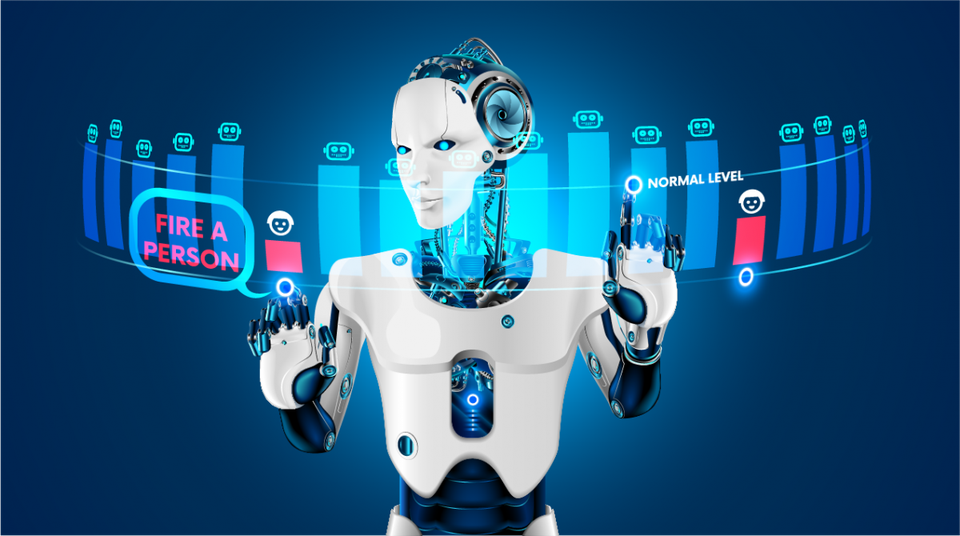AI and automation have been a hot topic in recent years, especially when it comes to human resources and workforce. We are already witnessing a structural shift in our workplaces where AI is employed for automation of tasks which is further streamlining, scaling and standardizing the monotonous administrative processes.
The 2018 report on Human Capital Trends by Deloitte revealed that almost 50% of the participating organizations were already deeply involved in automation projects. Amongst them, 24% were using AI and robotics for performing routine jobs, 16% of them were using it to augment human skill-sets and around 7% of them were using it to restructure the entire working procedures.
AI in HR: Current landscape
In the case of HR and recruitment, AI is already influencing the journey, such as advanced video interviewing. AI plays a significant role in HR, as compared to other jobs. The main reason behind this is the practical application of AI solutions in areas of recruiting and talent acquisition. For instance, HR leaders are already channeling AI in organizations by use of chatbots for employee services, development, and coaching.
The key benefits of automation of tasks in HR that can already be seen in organizations include increased efficiency in candidate assessment, adoption of metrics as well as improved workplace learning. So far, the general consensus is that AI won’t be taking our jobs; instead, it will cause a structural skill shift and work displacement from manual labor to more intelligent productivity enhanced by AI. McKinsey’s estimation supports this that AI and automation could displace around 30% of the current tasks or activities at work by the year 2030.
Both Opportunities and Challenges
When it comes to HR, the principal role of AI will be to reduce human bias and leave more room for humans to bring in emotional intelligence. With the exponential technological advancements, HR leaders now have a responsibility to experiment with various facets of AI to deliver maximum value to their organizations. However, the challenge lies with the distinction between interacting with a robot versus conversing directly with a human.
Which jobs will be impacted by AI and Automation?
It is also estimated by CB Insights as well as the State of Automation Report that blue collar jobs, retail salespeople, cooks, waiters, cleaners, movers, warehouse workers, truck drivers, and construction workers are at maximum risk of being displaced from their jobs. However, it can be said that white collar jobs will be profoundly impacted by AI as well in the upcoming years.
We already use personal assistants and chatbots in our day-to-day lives now. We can easily expect to use them more and more at work in the coming time.
Moving Forward
The frequent uses of AI in the HR and recruitment areas that we already see around us include finding new jobs, coaching or mentoring, and even answering FAQs. Data analytics and insights is a field which is growing with AI.
So today, the use of AI in organizations is mainly focused on creating a more user-driven, flexible and seamless employee experience.


